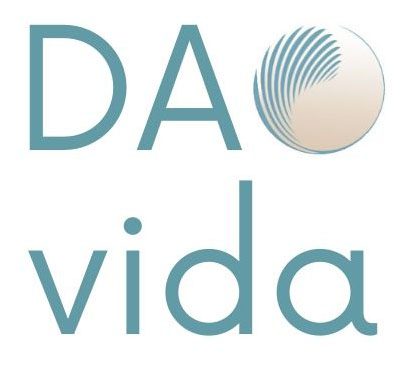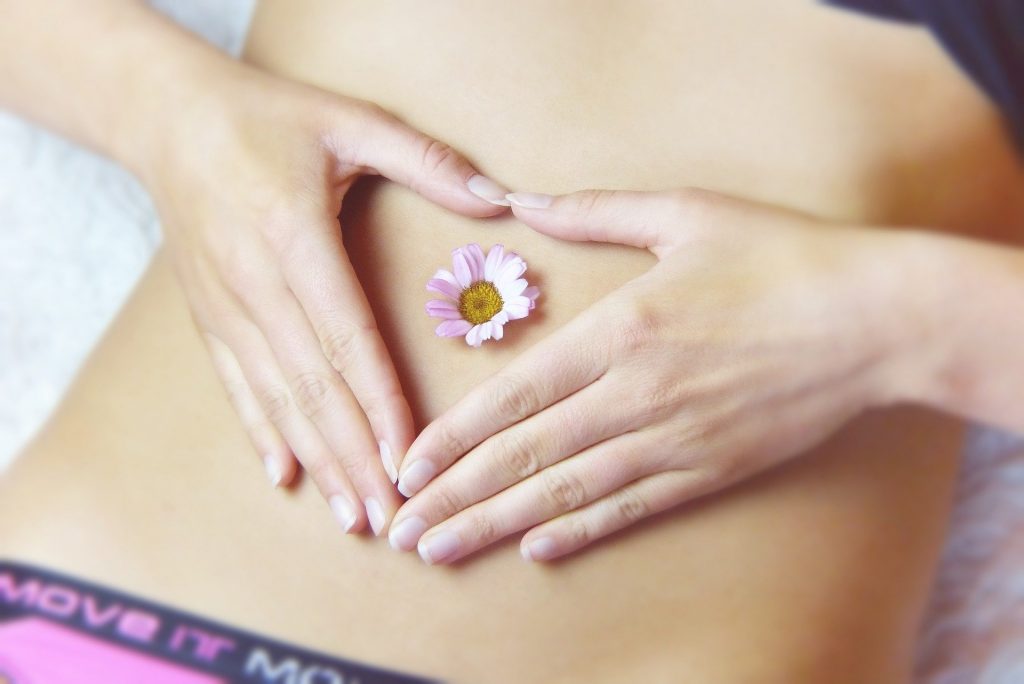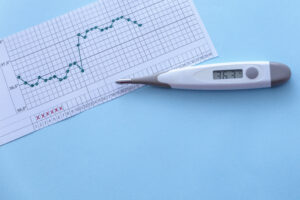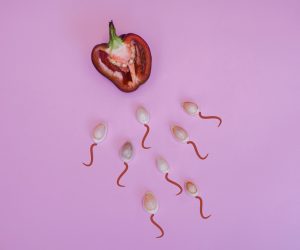Image by silviarita from Pixabay
Endometriosis is a condition where tissues similar to the endometrium (lining of the uterus) grow outside of the uterus, usually in the pelvic area around the ovaries and fallopian tubes.
Some of the symptoms are:
• Heavy menstruation with pain, large clots, long or abnormal length of cycles
• Lower abdominal pain, back pain, burning pain over the site
• Frequent or constant pain all month long
• Painful sexual intercourse
• Painful during bowel movement or urination
• Rarely bleeding after intercourse, bowel movement, or urination
• Dysmenorrhea
• Ovarian swelling
• Swollen abdomen
• Infertility
Endometriosis can have a huge impact on fertility and 35% to 50% of women affected by it suffer from fertility problems.
What causes it?
Doctors and Scientist don’t really know for sure what causes endometriosis, but we know that certain factors tend to contribute to it developing, among which:
Too much estrogen/too little progesterone
A low level of progesterone (or an excess of oestrogen) can disrupt the fragile hormonal balance and oestrogen dominance (too much oestrogen relative to progesterone) has been linked to endometriosis. An excess of oestrogens can be caused by exposure to xenoestrogens (hormones that mimic oestrogens) via the food we eat (and the pesticides, hormones or fertilizers used to produce it).
Genetic causes
Women with a family history of mothers or sisters that have endometriosis are at a higher risk for developing it. Similarly low progesterone can run in the family. There seems to be a a link between endometriosis and individual changes in certain chromosomes. Although this may have been passed down genetically changes in gene expressions may also be caused by other factors such as the exposure to certain environmental factors for instance.
Excess consumption of meat
Most of the meat we consume comes from industrially farmed animals whose bodies are high in hormones, hormones which are then affecting our bodies. (see Too much oestrogen above).
Dysfunction of the immune system
Early endometriosis seems to be linked to higher markers for inflammation and over time this creates a depressed immune system with a poor inflammatory response. This may explain why women with endometriosis have more pain, mor inflammation and are more prone to recurring infections such as yeast infections.
How does endometriosis affect fertility?
The presence of excess endometrial tissues creates a situation of “congestion” in the uterus and as a result it is more difficult for an embryo to implant. In addition, the inflammation around the tissues at the time of period can lead to the formation of scar tissues, themselves making it more difficult for embryo implantation.
What are the options?
The medical options in the more serious cases are often surgery and then hormonal treatments to alter the menstrual cycle and limit the growth of endometrial tissue (they else tend to prevent pregnancy however).
If you are trying to get pregnant it often helps to use a more natural approach in order to improve the situation. In the same way certain factors contribute to the development of endometriosis, certain factors will help reverse the trend.
In terms of Chinese medicine, endometriosis is linked to stagnation of Blood (leading to excessive growth of tissues, heavy periods with often dark blood and blood clots and very painful periods). There are foods that tend to help and hinder this condition. Foods that are best avoided would be sugar, wheat (especially processed such as all white flour products), dairy, red meat, fried foods. From the standpoint of Chinese medicine these foods promote stagnation and physiologically they are linked to a higher level of inflammation in the body, which should be avoided in an already inflammatory condition such as endometriosis.
Examples of beneficial foods would be: green leafy vegetables, which happen to be a good source of fiber and fiber is essential to rid the body of excess oestrogens.
For detailed dietary information for endometriosis or for Chinese dietary therapy in your specific situation, get in touch to make an appointment.
Avoid exposure to toxins
– Avoid pesticides, herbicides and synthetic fertilizers – Eat organic foods and avoid food preservatives or food dyes – Use natural pads and tampons (they will be free of dioxin), as well as natural body care products (that includes make up, especially if you wear it every day!) – Use low paints with low volatile compound (low VOC) – Avoid bleached paper products and chlorinated oxygen based bleach detergents – Avoid plastics especially for food or drink containers (plastic water bottles, etc)
Cleanse your system Since it is spring and traditionally a perfect time for cleansing you may want to support your liver detoxing functions by doing a cleanse yourself. This can be as simple as: – start your day with lemon juice in hot water – avoid processed foods – eat only small amounts of animal protein (avoiding red meat) – having plenty of pulses (beans, lentils, chickpeas, etc) and dark green leafy vegetables – avoiding fried foods, dairy products, coffee (and other caffeinated products like coca cola, tea), alcohol, sugar (that includes cakes)
As we are changing season using a diet that is cleansing for the liver will make the transition into spring easier and should support every level of your health, including and especially your hormonal health.
Have acupuncture
Acupuncture has long been used for every aspect of women’s health. It is increasingly used to boost fertility and research has shown its effectiveness for treating pain in endometriosis.




